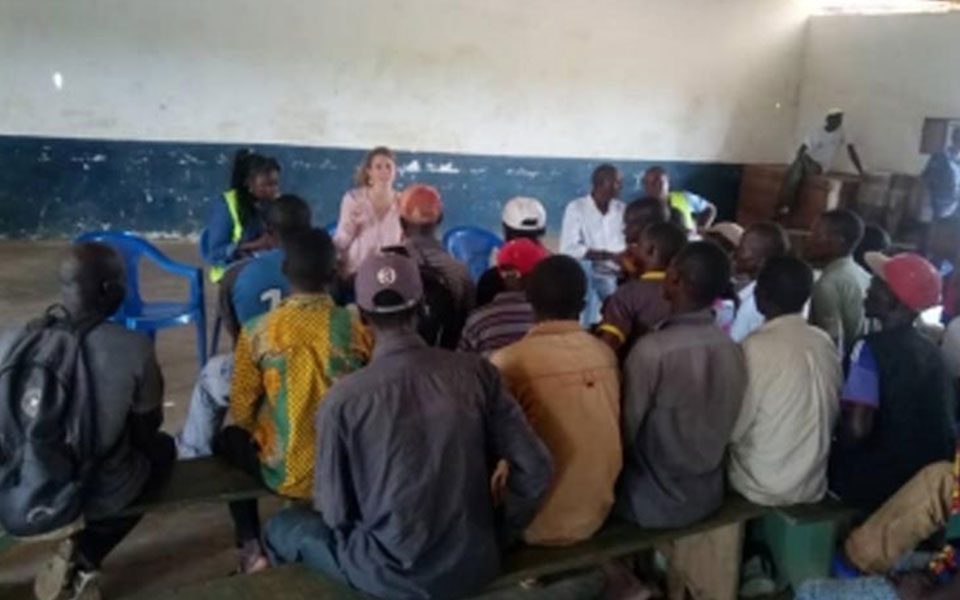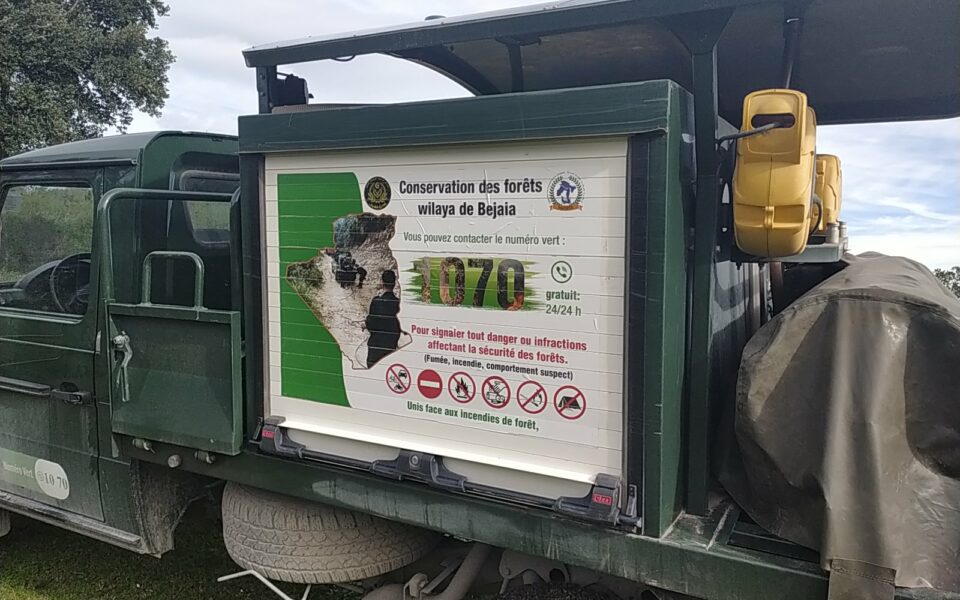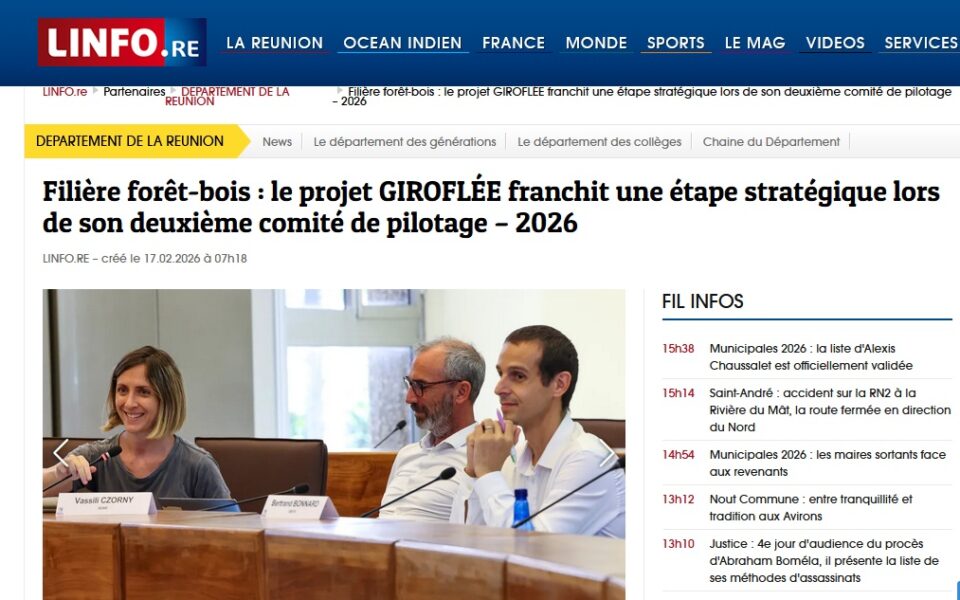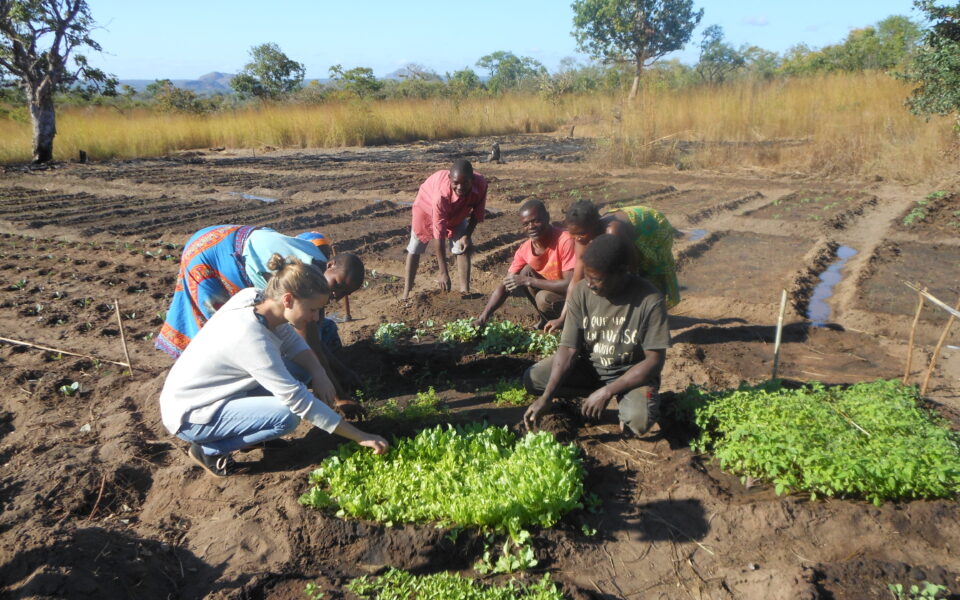News

21 April 2020
World Food Programme (WFP) in the Democratic Republic of Congo (DRC)
WFP DRC has responded to many particularly complex humanitarian crises in recent years. WFP has thus had to respond to the needs of displaced populations (e.g. conflicts in Kasai, Ituri, North Kivu) and refugees (e.g. conflicts in the Central African Republic), the Ebola crisis (in the east of the country) and the overall deterioration of malnutrition indicators in the country. In parallel, WFP has developed interventions to strengthen the resilience of small producers and enhance local value chains. As of January 2019, the total number of beneficiaries in the country over the reporting period was 11.7 million.
Led by the NGO Action Against Hunger (AAH), in partnership with SalvaTerra, the independent evaluation of WFP’s Strategic Plan targeted all projects carried out in the country between January 2017 and June 2019. The objective of the evaluation was to take stock and draw lessons from the strategy and interventions, report to contributors and make recommendations for the next Strategic Plan currently under development.
As part of this strategic evaluation, SalvaTerra was specifically responsible for analyzing issues associated with resilience programming as well as strategic positioning and operations in refugee camps. A field mission took place for 3 weeks at the end of 2019. The (confidential) report submitted to WFP provides a detailed assessment of the Strategic Plan 2017-2019 and a series of recommendations for further action.
A lire aussi...

20 Feb. 2026
Mission à Béjaïa : vers un système intégré d’alerte précoce et de réponse rapide aux feux de forêt
Dans le cadre de notre appui à la Wilaya de Béjaïa, une mission de terrain s’est tenue entre Alger et Béjaïa afin de poser les bases d’un dispositif structuré de prévention, d’alerte et d’intervention face au risque incendie.

19 Feb. 2026
On parle de nos travaux dans le cadre du projet Giroflee – Gestion Innovante des Ressources Forestières pour une Energie durable dans la presse réunionnaise !
"Cette rencontre a marqué une étape à mi-parcours avec la présentation des résultats intermédiaires du projet, notamment la restitution finale de l’étude stratégique des acteurs et des flux de la filière forêt-bois réunionnaise réalisée par le bureau d’étude SalvaTerra. Cette étude a permis d’établir une vision consolidée de la filière en cartographiant ses acteurs, en analysant les flux existants et en identifiant les principaux leviers et enjeux économiques, techniques et organisationnels du territoire (...)".
